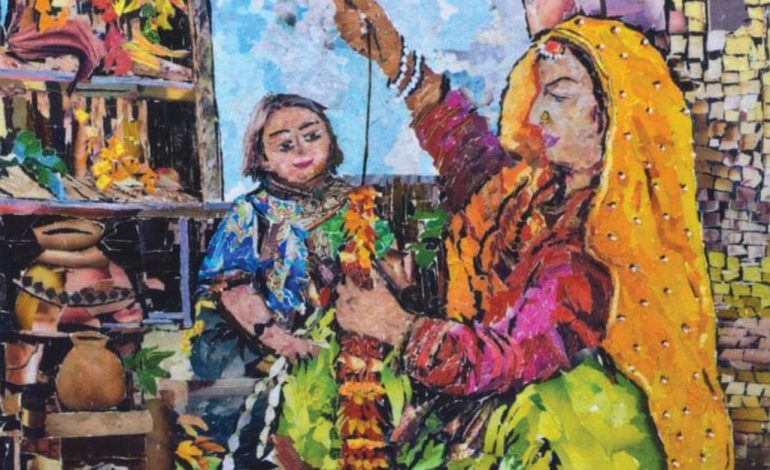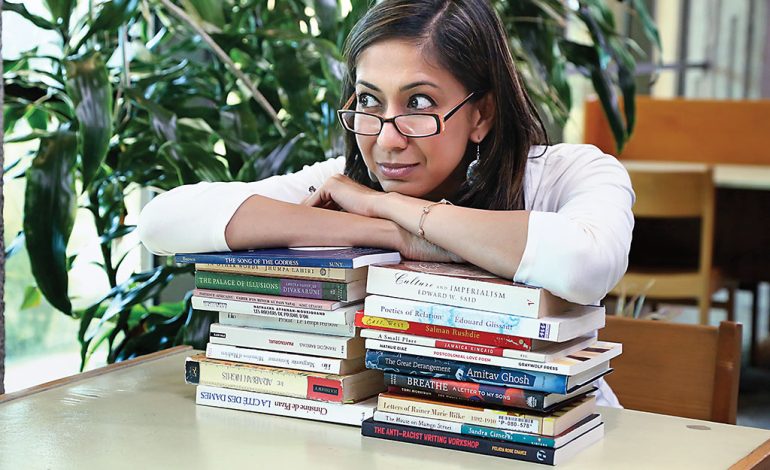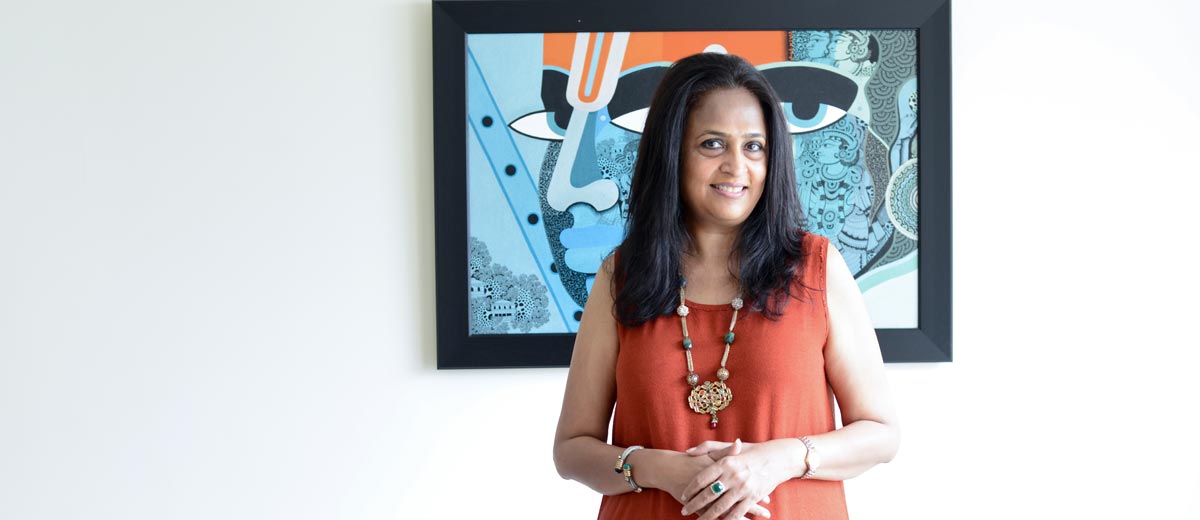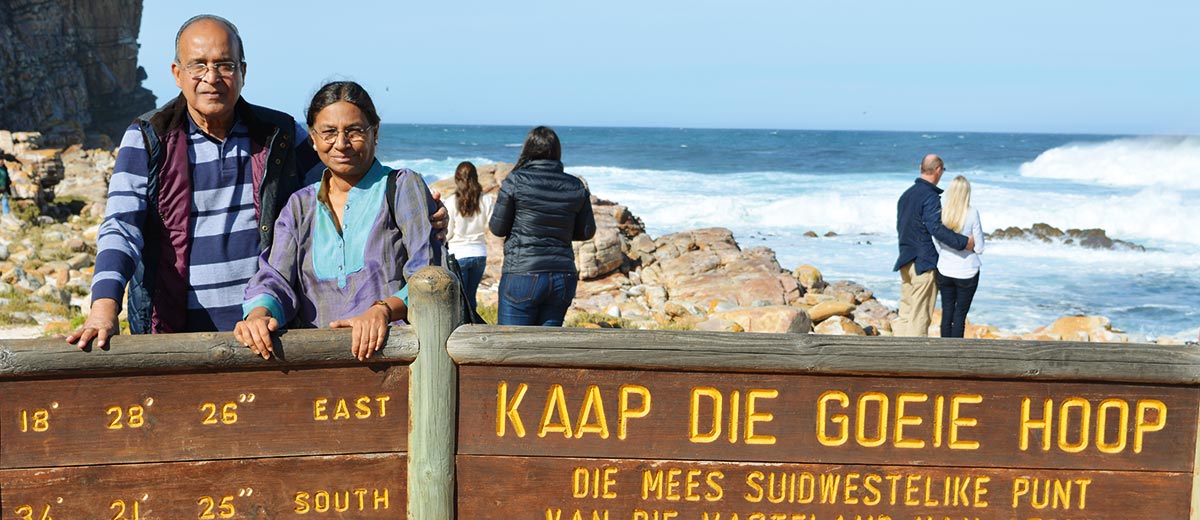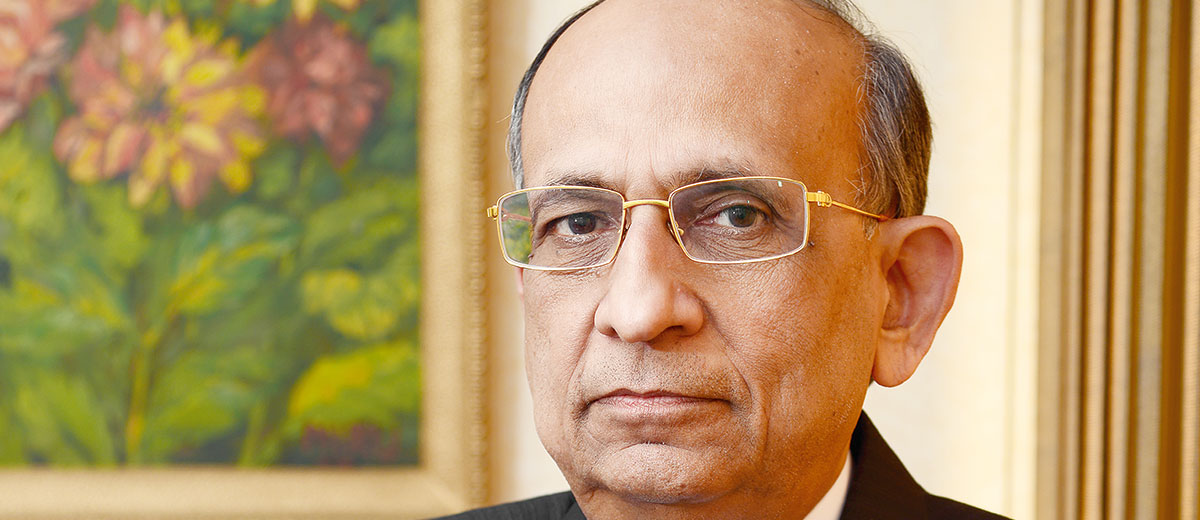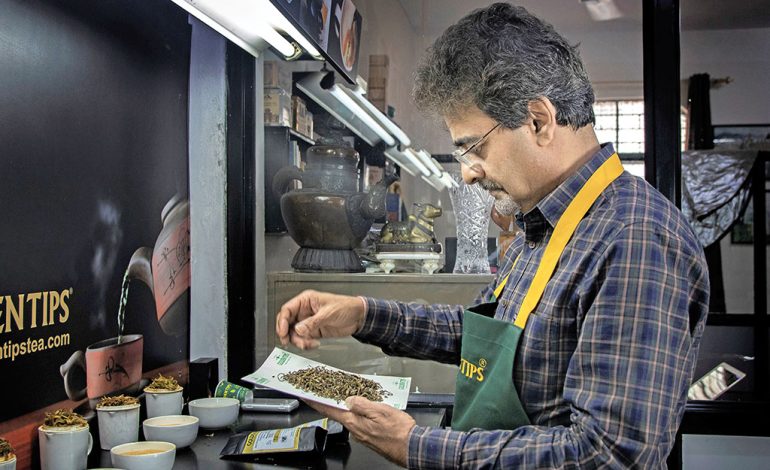
My Cup Of Joy
As the son the Late Nandlall Sarda and the grandson of the Late Nathmull Sarda, who founded the tea business in Darjeeling back in 1933, my initiation into the world of teas happened very early in life. Our family originally hails from Taranagar, Churu District, Rajasthan, and moved sometime early in the 20th Century. My family, especially my parents, have had a profound impact on my personality since my childhood. My value system, sense of heritage and my business acumen have been passed on to me by my ancestors. I was born and raised in Darjeeling, West Bengal, where I did my schooling from St Joseph’s School followed by graduation from St Joseph’s College. The tranquil environs of Kanchenjunga, amidst the idyllic and scenic surroundings of the Himalayas and the tea plantations of Darjeeling had a lasting impact on my life. I joined my family business at a fairly young age when I was still in college. The initial days were challenging yet interesting and with a lot of learnings along the way. The opportunity to meet and interact with tourists from India and across the world became an integral part of my learning experience. I currently live in Delhi, but keep visiting Darjeeling for work.
On The Tea Trail
It was in 1989 that Golden Tips Tea got established and in 1993 the brand got formally launched at select stores in the country. In the initial years, there were about 35 offerings of the finest Indian teas. The company now offers 300+ varieties of tea in different packaging and styles. These teas are primarily from Darjeeling, but a few others originate from Assam, Sikkim, the Nilgiris, Kangra and even Japan. Our expertise lies in sourcing, sampling, choosing, packaging and marketing the finest single origin teas, tea blends and infusions, at the right prices, for a crosssection of tea drinkers. The practice of sourcing tea directly from the producers ensures optimum realisation for farmers and better living conditions for workers. As the Managing Director of Golden Tips Tea, I have an all-encompassing role in managing the affairs of the company. This involves conceptualising and initiating new retail stores, appointing and training key personnel to run various verticals of the company including exports, product development, designing and packaging, online sales, sourcing, tasting, and selecting the finest teas for our global clients. My wife Ranjeeta Sarda is the Director of Golden Tips while my son Bala Sarda and daughter Nupur Sarda head another tea brand Vahdam Teas.
It’s Always Tea O’ Clock
I drink tea with great pleasure. A typical day for me begins around 7 am with four newspapers and a big pot of Darjeeling tea, without any hint of milk or sugar in it. I enjoy 4-5 cups of tea over an hour and a half, and while the first cup is quite hot, the second one gets warm and by the time I have my last cup, the tea is cool, yet as refreshing as the first one. Within 10 minutes of reaching the office, I am handed another cup of tea and this continues until I am home for dinner. On an average, I have about 10-12 cups of tea ranging from ones being packed for sale to new samples. I have milk tea or coffee, to which I do add sugar, once a week or fortnightly. It’s mostly on Sundays, when I am home, that I may tell my wife, ‘Let’s have doodh ki chai’. Having tea and tasting tea are two different concepts. When I am tasting tea, I don’t take a drop right down my throat, I just slurp and roll the tea in my mouth and then spit it out. Almost like wine tasting, but more intense, as I taste almost 30-35 teas in one session, depending upon the size of the table.
Makings Of A Tea Taster
There are two methods of becoming a tea taster: the first, when a person belongs to a tea family or background, and the second, when the person comes from a non-tea background. It is important for a ‘new person’ to first join the industry, which means joining an auction house. We have 4-5 big tea auction houses in India, the biggest being J Thomas & Company, which has been here since pre- Independence with offices in Kolkata, Siliguri, Guwahati and Kochi. These auction houses have a panel of tea tasters, who taste samples that are put up every week or are routed privately to them by tea estates and companies. The new person has to undergo a formal training under these qualified and experienced tea tasters How did I become a tea taster? The journey started completely differently as I belong to a family that has been in the tea business for decades. I first started tasting teas in our retail store in Darjeeling when I was 18. These would be tea samples from tea estates, or the teas we would buy directly from tea plantations in Darjeeling or from accredited buyers from auction houses, as we were not accredited buyers at the time. I didn’t have much guidance, as I lost my father when I was just 10 years old. So, I am pretty much self-taught.
The Tea Journey
Once I had a better understanding of teas, I opened a small office in Kolkata (then Calcutta). Even though I had started living in Delhi, I would travel to Kolkata and spend several days there. We had a small team back then but we weren’t members of the Calcutta Tea Traders Association (CTTA) yet, so we had to buy teas from an agent. I remember visiting auction houses, meeting tea tasters and tasting teas at their offices. I often brought back samples to my office and my residence in Kolkata, where I would prepare the teas myself, set up the tasting bowls and taste the teas. Once we became members of CTTA in 1989, we started receiving samples, which later turned into hundreds of free samples. I started tasting tea in Kolkata, and later they were packed and sent to me in Delhi a week before the auctions. So, I started tasting them in my Delhi residence as well. The ambit of my tasting increased exponentially. This is when I started bidding and buying, observing and understanding the type of tea being sold and their prices. Although it has been almost four decades now, I still continue to taste tea. It doesn’t matter if I buy them or not, but I need to taste tea! It is the beginning of the new season and I have been flooded with samples from tea estates. I also receive samples from Guwahati and the Nilgiris, and all of these teas are so unique in character, flavour, liquor and appearance. We do tea tasting in our Tea Boutique, where I get to meet a lot of curious customers and tourists. Many of them come up to me and say how excited they are to finally meet an expert tea taster and ask various questions about the process.

Sipping His Way To Glory
A Holistic Experience
Tea tasting is primarily about experience, learning, understanding the teas and using your sense of smell. It always helps if there’s someone to guide you through this process. During tea tasting, all your senses have to work in unison, or you won’t do justice to the art of tasting. You need to notice the smallest of details —the appearance of the dry leaf, of the infused leaf, the colour of the liquor, the smell and the taste. The more you taste, the better you become. There is no shortcut to becoming an expert tea taster. Passion is equally important. Of course, you need the caliber and talent too. Your passion for teas and tea tasting will reflect on the popularity of your brand. Brands that do well have great insights into picking the right teas at the right price. Memory also plays an important role in tea tasting. I might have tasted a particular tea two decades back, but the taste and aroma are still a part of my memory! Let me explain how memory shapes our tea drinking experience. I remember meeting a gentleman a few years back in our Darjeeling Tea Boutique. He wanted to have the same tea he had tried 25 years ago, when he had visited our estate along with his newly-wed wife. I had to politely tell him that he would never be able to replicate the experience of being a newlywed, sipping aromatic Darjeeling tea in a picturesque tea garden, overlooking the majestic Mt. Kanchenjunga.
The Fascination of Tea Tasting
How amazing it is to be able to sip, smell and swirl a wide range of teas from different regions and seasons, cultivars and clones, with varied characteristics like appearance, texture, colour, aroma and flavour. My gustatory olfactory senses run on overdrive when I am surrounded by a wide array of teas with floral, vegetal, fruity, smoky, muscatel, malty or astringent characteristics. I only taste Orthodox Tea, which is the traditional, long leaf tea variety. I am not an expert in the art of tasting CTC, also known as Crush, Tear and Curl. These are granular teas, mostly produced in Assam, the Dooars and in southern parts of India.
Darjeeling does not produce CTC. I have seen people add milk to CTC, and it is not for the taste, but to check how the colour behaves. CTC tasters often leave the mixture for 2-3 hours to check how the colour of the brew changes.

Madhav Sardha on a Tea Trail
Our Future Plans
At Golden Tips, we plan to add to our existing 14+ tea boutiques in Darjeeling, Kalimpong, Mirik, Gangtok and Kolkata. We are planning to open a one-of-a-kind experience centre in Kolkata, where we will host tea tasting sessions and different events. The domestic market apart, Golden Tips has dedicated customers across the globe and we have shipped teas to almost 90 countries. I am passing on the knowledge of tea tasting to some junior colleagues, and am happy to see their enthusiasm. I am also trying to instil these values in my son Bala Sarda, who is also in the business of tea. I personally believe that we need to pass on this legacy.

